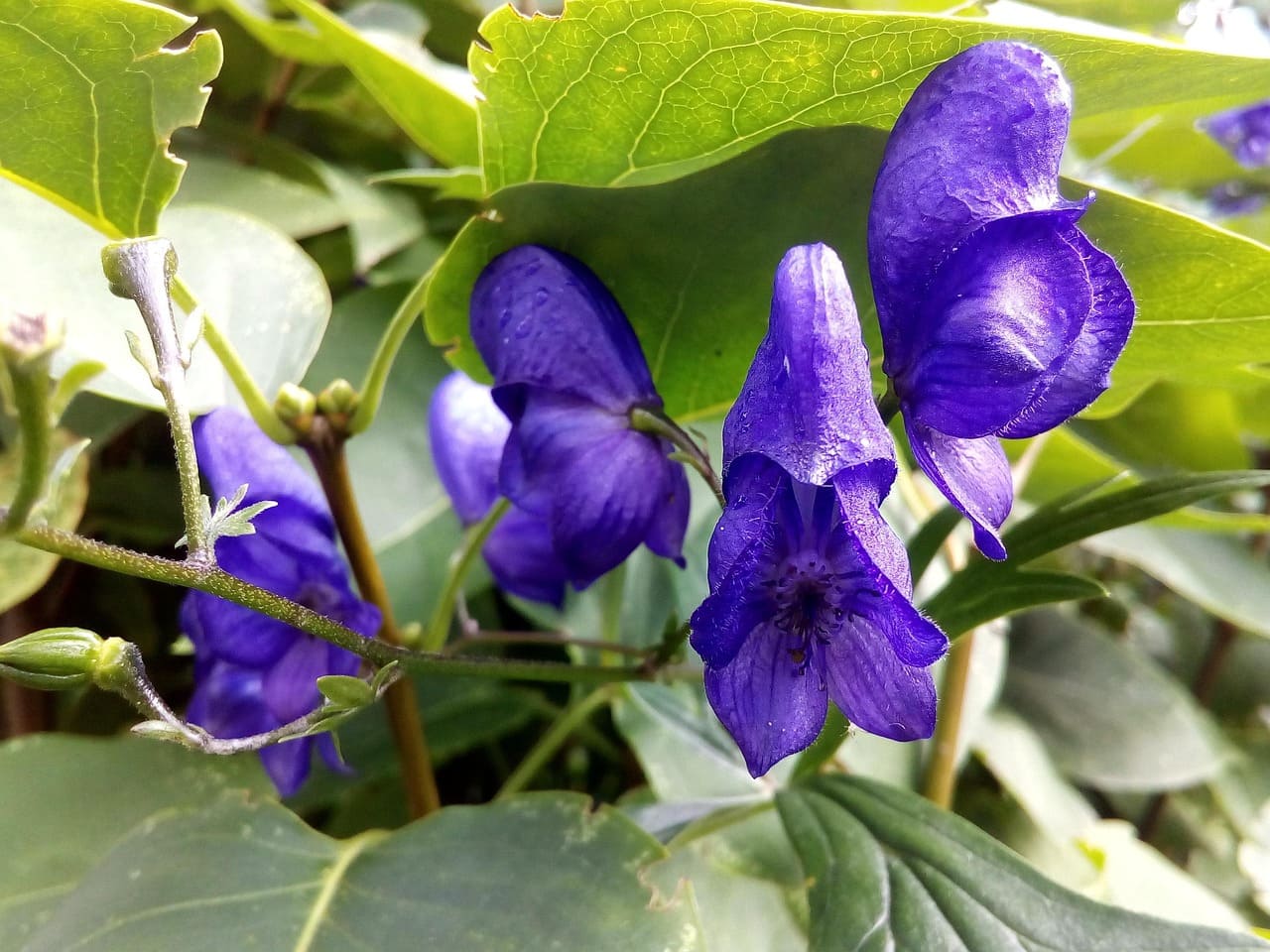In the world of herbal remedies, few plants carry the reputation and versatility of the skullcap herb. Known for its calming properties and long history in traditional medicine, skullcap has been used across cultures to support wellness in both body and mind. With many varieties and countless uses, this herb has captivated herbalists, wellness enthusiasts, and tea lovers alike.
Among its different forms, you’ll often hear about Chinese skullcap, Baikal skullcap, and skullcap baicalensis. All these names point to one fascinating plant, botanically known as Scutellaria skullcap, with its roots deeply tied to herbal medicine traditions dating back thousands of years.
A Glimpse into the History of Skullcap Herb
The story of skullcap herb spans continents. In North America, early settlers and Indigenous peoples used it as a calming herb, often brewing teas to soothe nerves and promote restfulness. On the other side of the world, Chinese skullcap became a staple in Traditional Chinese Medicine, where it was valued not just for its calming effects but also for its role in supporting digestion, respiratory health, and overall balance.
In fact, Baikal skullcap—named for the Baikal region in Siberia—was often used in China and Russia as a medicinal herb with a wide range of purposes. This is where the term skullcap baicalensis comes into play, referring to the species most commonly associated with traditional remedies in Asia. Its roots, rather than its leaves, were typically harvested and dried for use in teas, tinctures, and powders.
Skullcap Herb and Modern Wellness
Today, Scutellaria skullcap has found its place in modern herbalism as well. Many people turn to skullcap herb for its potential calming effects, using it to help manage occasional stress or support better sleep quality. Herbal teas featuring Chinese skullcap or Baikal skullcap are popular for winding down at the end of the day, especially when blended with other soothing herbs like chamomile or lemon balm.
Some studies have explored the plant’s antioxidant and anti-inflammatory properties, suggesting that skullcap baicalensis may play a role in supporting immune function and general health. While research is ongoing, the centuries of traditional use speak to its enduring reputation as a helpful, natural ally for wellness.
Culinary Connections and Herbal Pairings
While skullcap herb is mostly known for medicinal teas and tinctures rather than culinary dishes, it’s fascinating to think about how herbs often intersect between the kitchen and the medicine cabinet. For example, the familiar dill plant is primarily celebrated as a culinary herb, adding flavor to everything from pickles to fish dishes. Yet, like Chinese skullcap, dill has also been valued in folk traditions for its soothing properties, particularly in aiding digestion.
This overlap between culinary and medicinal herbs reminds us that plants often serve multiple purposes. While you might brew skullcap baicalensis for a calming tea, you could just as easily season your dinner with dill and gain some gentle digestive support along the way. Nature, it seems, loves versatility.
How to Use Skullcap Herb
If you’re curious about trying skullcap herb, tea is the most common starting point. Herbalists often recommend steeping dried Chinese skullcap or Baikal skullcap in hot water to release its beneficial compounds. Some people also incorporate tinctures or extracts into their wellness routines for more concentrated support.
Because skullcap baicalensis is potent, it’s important to use it mindfully and follow recommended guidelines. Consulting with an herbalist or healthcare professional can help you find the right approach for your needs, especially if you’re blending it with other herbs like chamomile, lemon balm, or even calming culinary herbs like dill.
A Timeless Herbal Ally
From Scutellaria skullcap fields in Asia to modern tea blends on store shelves today, skullcap herb has traveled through time as both a traditional remedy and a modern wellness aid. Its many names—Chinese skullcap, Baikal skullcap, skullcap baicalensis—all point back to the same remarkable plant, one that has helped generations find a sense of calm, balance, and well-being.
And as we explore the world of herbs, whether it’s the soothing roots of skullcap herb or the flavorful leaves of dill, we’re reminded that nature offers us an incredible variety of plants with gifts for both our health and our taste buds.

